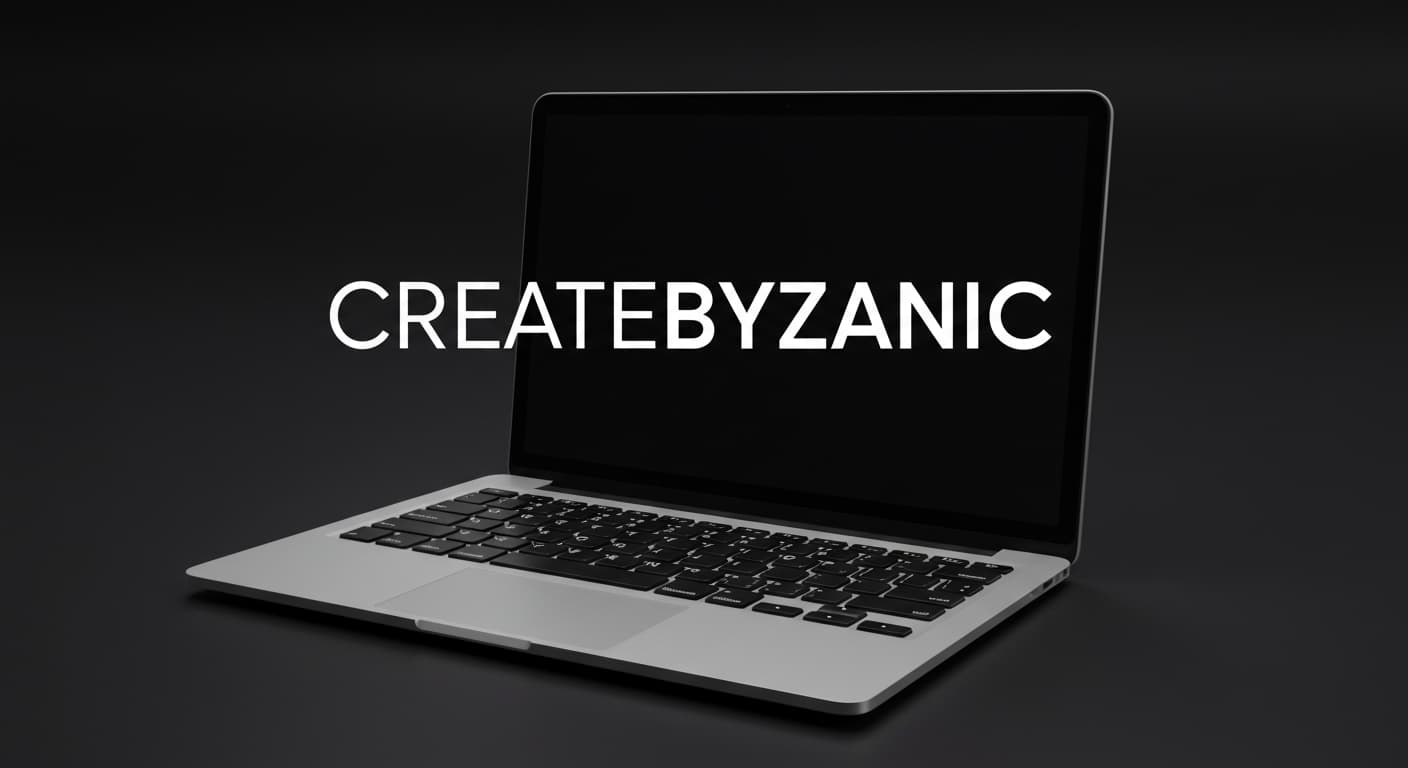The University of Metaphysical Sciences lawsuit update has drawn significant attention within the metaphysical education community. The institution faced legal challenges from a competitor, alleging misuse of trademarks and unauthorized advertising. This lawsuit, which was closely followed by students, faculty, and online observers, sparked discussions about predatory litigation and online defamation campaigns. In this article, we provide a comprehensive overview of the lawsuit, including the timeline, allegations, court proceedings, dismissal, and its impact on the university’s reputation. Readers will gain insight into the current status of UMS and how it continues to operate despite past legal hurdles.
University of Metaphysical Sciences Lawsuit Update
The University of Metaphysical Sciences lawsuit update has attracted attention across the metaphysical education community due to its unusual legal circumstances. This case involved allegations made by a competitor claiming that UMS engaged in unauthorized marketing practices and trademark misuse. The legal dispute sparked debates online and among students regarding predatory litigation and the potential impact on the university’s reputation. UMS, known for its holistic and spiritual educational programs, faced challenges in defending its name while maintaining student trust and institutional credibility.
Over the course of the lawsuit, multiple filings, motions, and hearings took place. The university maintained that the claims were baseless and that no unlawful advertising or trademark infringement had occurred. Evidence presented included Google AdWords reports and internal documentation proving ethical marketing practices. Ultimately, the lawsuit was dismissed with prejudice on May 12, 2025, ensuring the case could not be refiled. This update is crucial for anyone interested in UMS’s operational integrity and legal resilience.
Overview of the University of Metaphysical Sciences
The University of Metaphysical Sciences (UMS) is a globally recognized institution specializing in metaphysical studies, spiritual growth, and holistic education. Founded to provide students with a deep understanding of metaphysical principles, UMS offers both online and in-person programs designed to foster personal development and professional competence. Its curriculum includes courses in spiritual counseling, energy healing, and metaphysical research, all aimed at cultivating intellectual and spiritual growth.
UMS prides itself on its ethical standards, accredited programs, and a supportive academic community. Despite facing legal challenges, including the lawsuit discussed in this update, the university continues to provide high-quality educational services. With a commitment to transparency and student satisfaction, UMS has maintained its global reputation as a reliable institution for metaphysical education. Its continued operations demonstrate resilience and dedication to its mission of guiding students toward spiritual and professional excellence.
Timeline of the Lawsuit
The lawsuit against UMS began several years ago when a competitor alleged that the university engaged in improper marketing practices, including the misuse of Google Ads and competitor trademarks. Early claims suggested that UMS’s advertising created confusion in the marketplace, potentially diverting students from the plaintiff’s programs. In response, UMS provided extensive evidence proving the allegations were unfounded.
Over time, the case involved numerous legal filings, motions to dismiss, and court hearings. Discovery requests were made, and UMS submitted comprehensive documentation to demonstrate ethical operations. The lawsuit reached a critical stage in 2025, with a trial initially scheduled for June 16–20. However, on May 12, 2025, the court dismissed the case with prejudice, ending the legal battle. This timeline highlights the university’s diligent defense and emphasizes the importance of clear documentation in protecting institutional integrity.
Details of the Allegations Against UMS
The allegations forming the basis of the University of Metaphysical Sciences lawsuit update focused on claims that UMS misused competitor trademarks in advertising campaigns. The plaintiff argued that these ads could mislead potential students and harm the competitor’s reputation. Additionally, there were claims that UMS had engaged in unfair marketing tactics to gain an advantage in the metaphysical education market.
UMS countered all allegations with detailed evidence, including Google AdWords reports and internal marketing records. The university demonstrated that it had never run misleading advertisements or infringed on any trademarks. Legal experts noted that the lawsuit appeared to be part of a broader pattern of predatory litigation aimed at pressuring UMS financially and reputationally. Ultimately, the court found the claims unsubstantiated, dismissing the case and affirming the university’s ethical marketing practices.
Predatory Litigation Claims Explained
The lawsuit update revealed that UMS was targeted by what is known as predatory litigation, a practice where legal action is used strategically to intimidate, burden, or defame an organization. The plaintiff filed repeated claims against UMS without substantial evidence, apparently seeking to disrupt operations and damage the university’s credibility.
UMS defended itself through careful documentation and a strong legal strategy. Predatory litigation often includes baseless lawsuits, repeated filings, and attempts to create public doubt about the organization’s integrity. By providing transparent evidence, including advertising reports and program documentation, UMS successfully countered these tactics. The dismissal of the case not only protected the university’s legal standing but also reinforced its reputation as a transparent and ethically run institution, demonstrating the resilience of organizations facing such challenges.
Court Proceedings and Key Evidence
The University of Metaphysical Sciences lawsuit update shows that court proceedings involved multiple hearings, filings, and the presentation of substantial evidence by UMS. Legal counsel for the university submitted Google AdWords reports, internal communications, and marketing documentation demonstrating that no trademark violations or misleading advertisements had occurred. These materials were central to proving the university’s compliance with ethical standards.
Throughout the proceedings, UMS emphasized transparency and adherence to professional guidelines. The judge thoroughly reviewed all submitted evidence and concluded that the plaintiff’s claims were unsubstantiated. The thorough documentation and consistent defense by UMS played a key role in the dismissal of the case. The proceedings highlighted the importance of maintaining accurate records and having a proactive legal strategy to counter unfounded allegations in complex lawsuits involving modern digital practices.
Role of Google Ads in the Legal Dispute
Google Ads were at the heart of the allegations in the University of Metaphysical Sciences lawsuit update. The plaintiff claimed that UMS misused Google advertising to target competitor-related keywords, potentially misleading prospective students. These claims suggested that the university was attempting to divert traffic and gain an unfair advantage in the metaphysical education market.
UMS countered by providing detailed AdWords reports showing that no such campaigns had been executed. Independent verification confirmed the absence of any misleading advertising practices. Legal experts noted that the Google Ads claims were likely speculative and part of a broader pattern of predatory litigation. The court recognized the transparency and accuracy of UMS’s advertising practices, which were instrumental in dismissing the lawsuit and preserving the university’s reputation for ethical marketing.
Case Dismissal and Legal Implications
On May 12, 2025, the University of Metaphysical Sciences lawsuit update concluded with a dismissal with prejudice. This legal outcome means that the plaintiff cannot file the same claims in the future. No settlements, financial penalties, or liabilities were imposed on UMS, marking a complete legal victory for the university.
The dismissal reinforces the credibility of UMS and sets a strong precedent for handling predatory litigation in educational institutions. Legal experts emphasize that maintaining accurate records, transparent operations, and a solid defense strategy is crucial when facing baseless claims. For UMS, the case’s dismissal allowed the university to continue focusing on educational growth and student support without distractions from unfounded legal challenges, solidifying its position as a trusted institution in metaphysical education.
Impact of the Lawsuit on UMS Reputation
Although the lawsuit was dismissed, it temporarily affected UMS’s reputation, especially online. Numerous misleading articles and content emerged, intending to cast doubt on the university’s credibility and integrity. Social media and search engine misinformation created challenges in maintaining student trust.
UMS responded proactively by clarifying the facts, issuing official statements, and engaging with its student and faculty community. By addressing the misinformation and highlighting the court’s dismissal of all claims, the university successfully restored confidence in its programs. The lawsuit update emphasizes the importance of digital reputation management and demonstrates how institutions can overcome reputational challenges through transparency and consistent communication.
Current Status and Future Plans of UMS
Following the lawsuit’s dismissal, the University of Metaphysical Sciences continues to operate fully, offering both online and in-person programs for students worldwide. The institution remains committed to spiritual growth, metaphysical education, and holistic learning practices.
Looking ahead, UMS plans to expand course offerings, improve student support services, and strengthen global outreach initiatives. By maintaining accreditation standards and adhering to ethical practices, the university demonstrates resilience and a dedication to student success. The University of Metaphysical Sciences lawsuit update serves as a reminder of the challenges educational institutions may face and highlights the importance of legal preparedness, operational transparency, and proactive reputation management.
FAQ’s
What was the University of Metaphysical Sciences lawsuit about?
The lawsuit involved allegations that UMS misused Google Ads and competitor trademarks. The claims suggested misleading marketing practices, but UMS provided evidence showing no wrongdoing.
When was the lawsuit dismissed?
The court dismissed the case with prejudice on May 12, 2025, meaning the claims cannot be refiled.
Did UMS face any financial penalties?
No, there were no settlements, liabilities, or financial penalties imposed on UMS following the dismissal.
How did the lawsuit affect UMS’s reputation?
The university faced temporary online misinformation and fake articles but responded proactively to restore credibility and student trust.
What is the current status of UMS?
UMS continues to operate fully, offering accredited programs globally and planning to expand course offerings while maintaining ethical and holistic educational practices.
Conclusion
The University of Metaphysical Sciences lawsuit update demonstrates the institution’s ability to successfully defend itself against unfounded legal claims. With the case dismissed with prejudice on May 12, 2025, UMS faced no financial penalties, settlements, or liabilities. Despite temporary reputational challenges, the university maintained transparency, ethical operations, and student trust. This outcome reinforces UMS’s credibility and highlights the importance of legal preparedness and digital reputation management in higher education. Moving forward, the university continues to provide high-quality metaphysical education, expand its programs, and maintain its commitment to holistic student development, ensuring a stable and thriving academic environment.
Related Post:



































